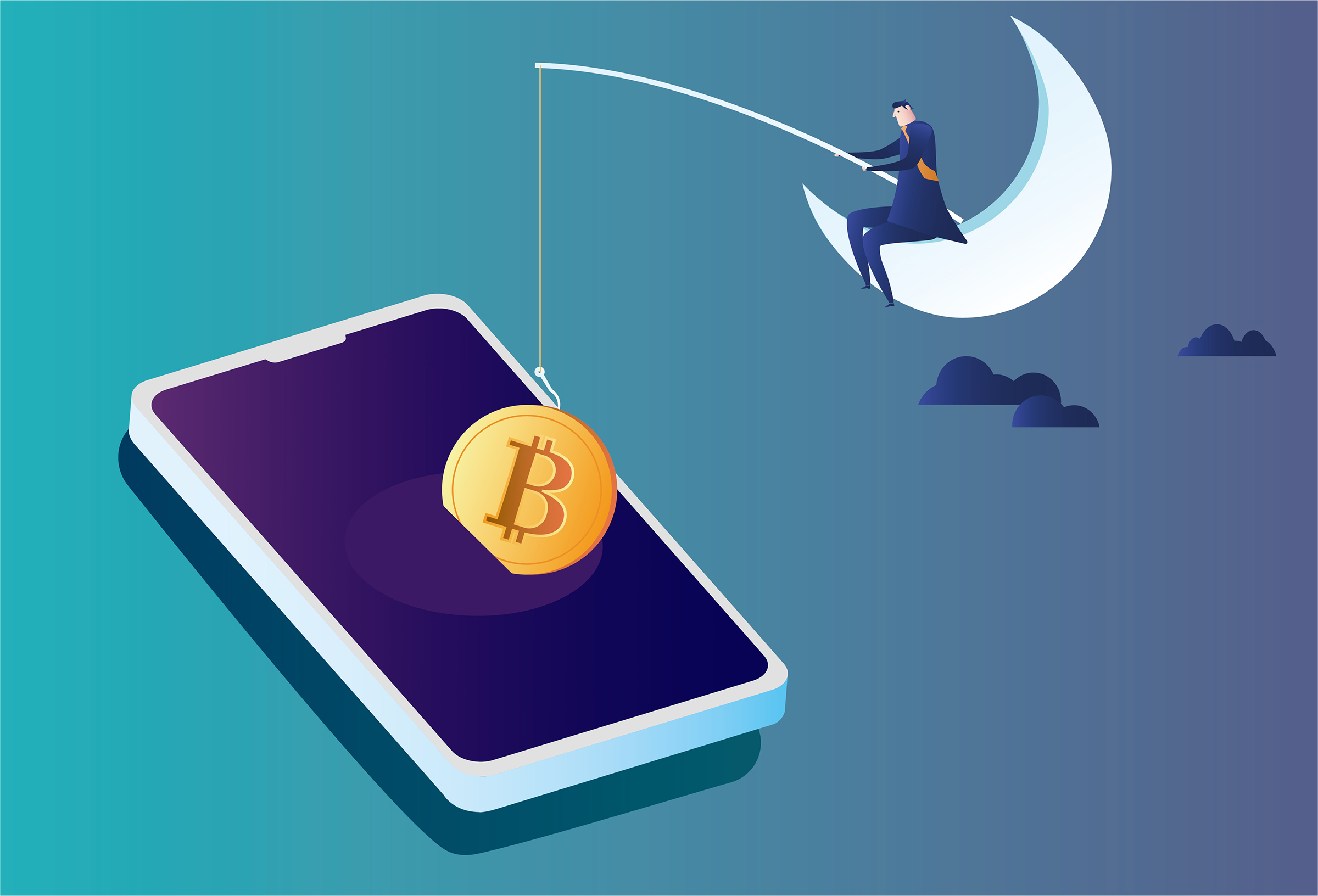Fraud is particularly easy with cryptocurrencies because the perpetrators can transfer their loot globally, relying on the power of blockchain technology to do so. If they get to Bitcoin, Ethereum or other crypto assets, the transactions can be tracked with technical effort, but they can no longer be prevented.
This makes it particularly attractive, for example to attack decentralized stock exchanges or simply deprive end users of their savings. The Federal Trade Commission has published a report on fraud related to cryptocurrencies that impressively demonstrates the damage caused.
According to this, around 680 million US dollars were stolen by criminals in 2021. In the first quarter of 2022, however, it was already 329 million US dollars. A worrying surge that has documented more than $1 billion in damage in a relatively short period of time.
Romance and Investing
The victims seem to fall for supposed investment offers particularly often or are susceptible to so-called romance scams. The perpetrators build up a romantic relationship with their victim and trick them into transferring money. It is not uncommon for them to receive detailed instructions on how to buy Bitcoin from a machine and send it to the scammers' address.
The number of unreported cases is likely to be relatively high in this area because the shame of many victims is very deep. However, fraudsters also use other methods, such as imitating authorities to give the impression that it is an official order.
How can you protect yourself?
It is best not to respond to inquiries from strangers at all. As the report shows, criminals primarily use Instagram and Facebook to initiate contacts. But they are also increasingly using messenger services such as Telegram and WhatsApp.
You should become particularly sensitive if:
Unrealistic profit promises are made
The contact person asks for financial support
When online dating suddenly turns into investment advice
It is particularly important to make sure that you do not pass on any bank details, seeds or private keys. A healthy skepticism in contact with strangers is therefore appropriate at the latest when they start talking about money and cryptocurrencies become an issue in some form.
My Top PicksHoneygain - Passive earner that pays in BTC or PayPalMandalaExchange -The Best no KYC crypto Exchange!
Clash Of Streamers - Earn Crypto while Playing all for Free! - Play smart!
Pipeflare - Faucet that pays in ZCash and Matic, Games pay in DAIWomplay - Mobile dApp gaming platform that rewards in EOS and BitcoinCointiply - The #1 Crypto Earning SiteLiteCoinPay -The #1 FaucetPay earner for LitecoinLBRY/Odysee - YouTube Alternative that lets you earn Money by viewing videos!FaucetPay - The #1 Microwallet PlatformFREEBTC - The #1 FaucetPay earner for Satoshi'sFaucetCrypto - An earning/faucet site that pays out instantlyFireFaucet - An earning site that pays better for some than Cointiply
DogeFaucet - Dogecoin Faucet
xFaucet - BTC, ETH, LTC, Doge, Dash, Tron, DGB, BCH, BNB, ZEC, FEY - Claim every 5 minutes
Konstantinova - BTC, ETH, LTC, Doge, Dash, Tron, DGB, BNB, ZEC, USDT, FEY, 25 Claims Daily


Comments
Post a Comment